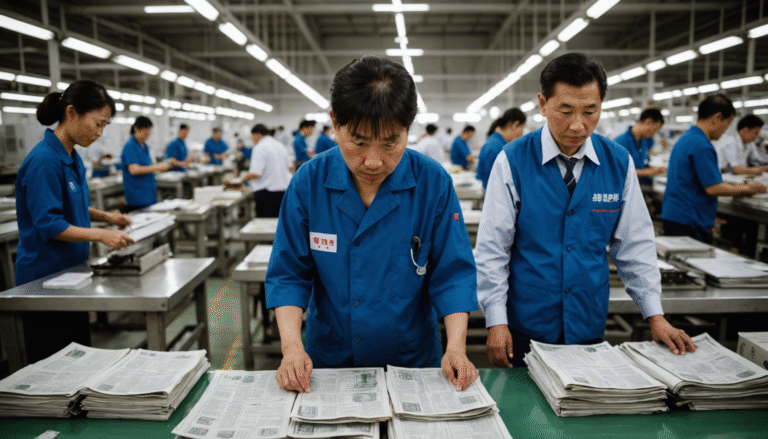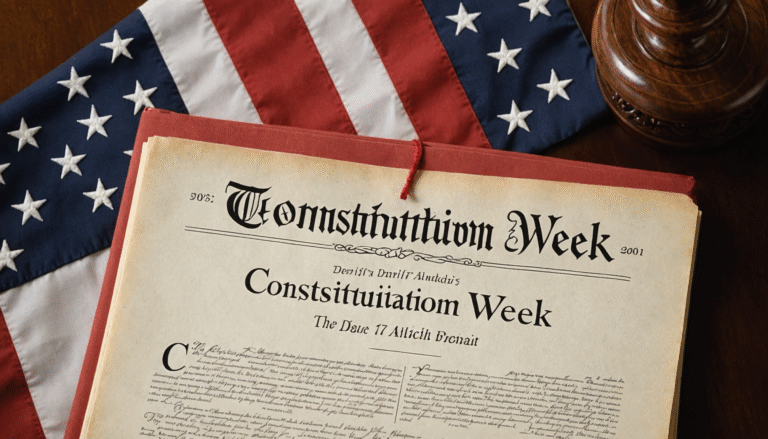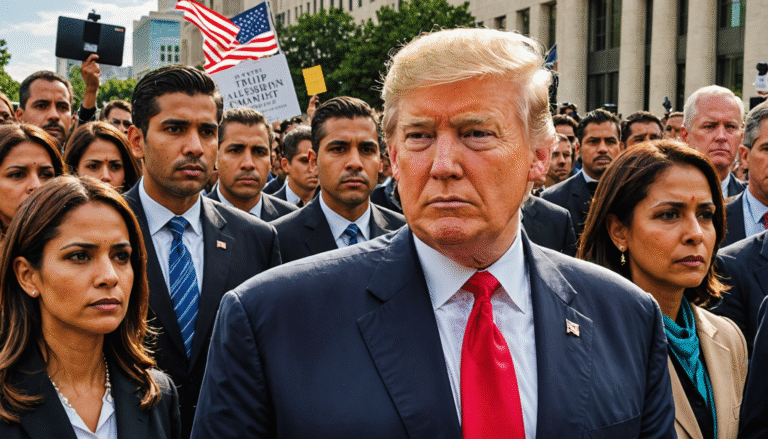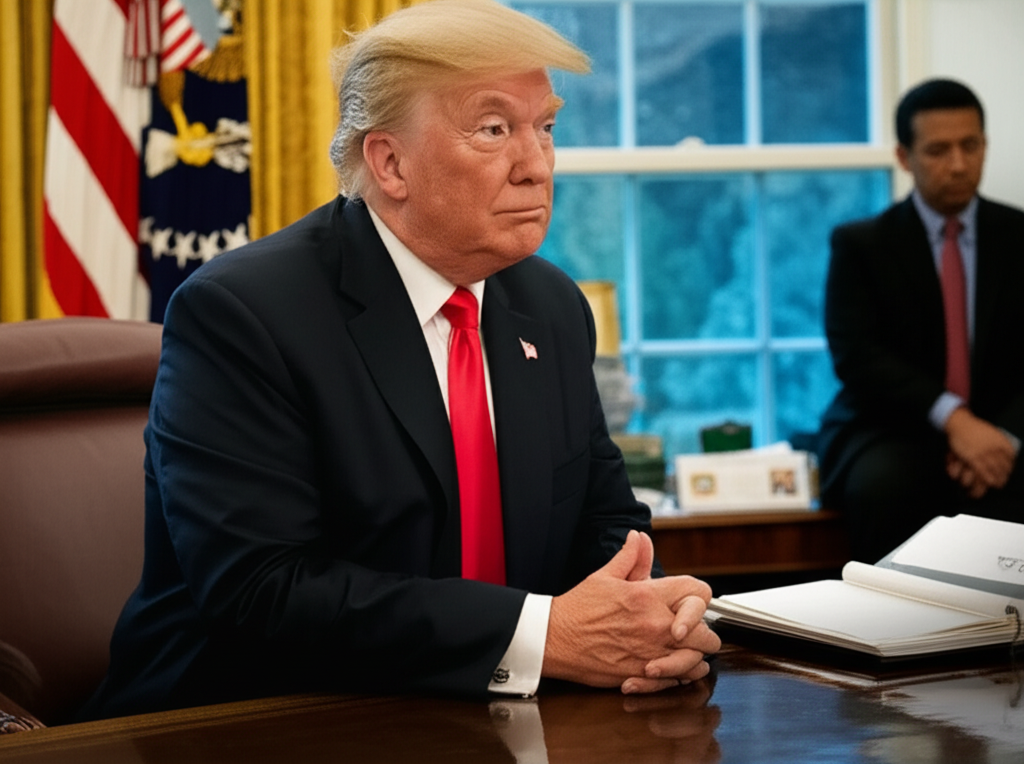
The administration of United States President Donald Trump has reportedly refused to approve a significant military aid package for Taiwan valued at more than $400 million, a decision said to have been made this summer. According to a report from the Washington Post, this move to halt crucial security assistance is seen by observers as part of a broader strategy to manage and temper escalating tensions with Beijing, particularly as President Trump pursues a comprehensive trade agreement with China. This development concerning **Taiwan military aid** has raised questions about the future of U.S. support for the self-governing island, which faces persistent military pressure from mainland China. The White House has not officially confirmed the report but indicated to the newspaper that a final decision on the matter had not yet been reached. The proposed shipment was set to include essential defense articles such as munitions and advanced autonomous drones. [Source]

Details of the Halted Aid Package
The security assistance package that was rejected reportedly contained military hardware considered more lethal than what was included in previous rounds of U.S. support for Taiwan. The inclusion of both munitions and sophisticated autonomous drones signifies a focus on bolstering Taiwan’s capacity to deter and defend against a potential conflict. The value, exceeding $400 million, represents a substantial investment in the island’s defense infrastructure. The rejection of this package, which was slated for this summer, introduces a significant delay and element of uncertainty into Taiwan’s defense planning and procurement schedule. For years, the United States has maintained a policy of providing Taiwan with defensive weapons, a cornerstone of the bilateral relationship aimed at maintaining a credible deterrent against China’s growing military capabilities across the Taiwan Strait. This recent decision represents a potential shift or re-evaluation of that long-standing approach, tying security assistance more directly to immediate diplomatic and economic objectives with Beijing.
Geopolitical Context and US-China Relations
The decision to suspend the security aid package aligns with the Trump administration’s stated efforts to de-escalate tensions with the People’s Republic of China. This diplomatic maneuvering comes at a critical time, as President Trump seeks to finalize a broad and impactful trade pact with the world’s second-largest economy. The timing is notable, with President Trump expected to engage in a conversation with Chinese President Xi Jinping on Friday. This high-level communication could pave the way for further negotiations on several contentious issues, including the future of TikTok’s U.S. operations, and may also lay the groundwork for a potential future meeting between the two leaders. By withholding the military aid, the administration may be signaling a willingness to make concessions on security matters in exchange for progress on economic fronts. This approach intertwines the complex issues of national security, international trade, and the delicate balance of power in the Indo-Pacific region, making the future of U.S. policy toward both Taiwan and China a subject of intense scrutiny among allies and adversaries alike.
China’s Stance and Regional Military Posture
Beijing has consistently and vehemently opposed any form of U.S. arms sales to Taipei. The Chinese government considers Taiwan a renegade province that is an inalienable part of its territory, and it views American military support for the island as a direct interference in its internal affairs and a challenge to its sovereignty. This long-held position was recently reiterated by Chinese Defense Minister Dong Jun, who issued a warning against what he termed external interference regarding Taiwan. This diplomatic and political opposition is backed by a significant and rapidly modernizing military force. According to reports, Beijing is actively working to ensure its military possesses the capability to successfully invade the island nation by the year 2027. This specific timeline has injected a sense of urgency into defense planning in both Taipei and Washington, as it provides a concrete benchmark for assessing military readiness and potential vulnerabilities. China’s expanding military power is a primary driver of Taiwan’s own defense modernization efforts and the traditional rationale for U.S. security assistance.
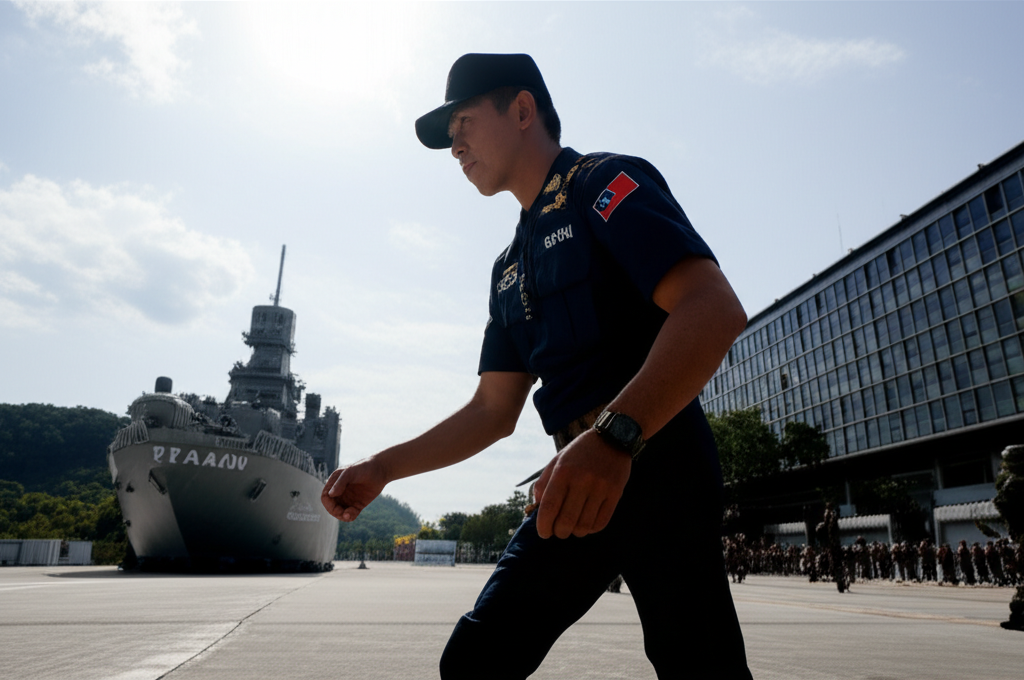
- A military aid package for Taiwan valued at over $400 million was reportedly rejected by President Trump.
- The move aligns with efforts to ease tensions with China ahead of trade and other negotiations.
- Beijing is reportedly preparing its military to be capable of invading Taiwan by the year 2027.
- The previous U.S. administration provided over $2 billion in security aid to Taiwan using special authority.
Taiwan’s Response and Defense Challenges
In response to the growing military threat from mainland China, Taipei has taken proactive steps to enhance its own defense capabilities. The Taiwanese government has significantly increased its domestic defense spending and has approved new funding specifically allocated for the procurement and development of critical assets, including modern drones and advanced naval vessels. Furthermore, Taiwan has clearly indicated its willingness and readiness to pay for arms purchases from international partners, including the United States. In recent discussions with U.S. officials, Taipei agreed to purchase billions of dollars’ worth of asymmetric weapons, which are designed to counter a larger, more powerful adversary. However, a critical challenge remains in the form of delivery timelines. Even with agreements in place, the manufacturing and delivery of these sophisticated weapon systems could take several years. This extended timeframe creates potential short-term gaps in Taiwan’s defenses, leaving the island vulnerable during a period of heightened regional tension and making timely aid packages, like the one recently blocked, all the more critical for maintaining a credible deterrent.
Background
The reported rejection of the **Taiwan military aid** package by President Trump reflects a distinct element of his broader foreign policy philosophy. He has consistently argued that wealthy allies, a category in which he includes Taiwan, should bear a greater financial burden for their own defense and should purchase their own weapons rather than relying on American aid programs. This perspective marks a departure from the approach of previous administrations. For instance, the administration of President Joe Biden utilized its Presidential Drawdown Authority to send over $2 billion in security aid to Taiwan during its tenure. This authority allows the executive branch to transfer defense articles and services from U.S. stocks quickly without congressional approval in response to unforeseen emergencies. This contrast highlights differing views on the nature of alliances and the role of U.S. military assistance. Traditionally, America has supplied weapons to Taiwan as a strategic imperative to help the island strengthen its defenses and maintain a stable balance of power in the face of China’s expanding military influence in the region.
What’s Next

The immediate future of U.S.-Taiwan security cooperation remains uncertain following this development. A key event to monitor is the scheduled conversation between President Trump and Chinese President Xi Jinping, which could provide clarity on the administration’s strategic direction. The outcomes of their discussions, potentially covering topics from trade to the status of technology companies like TikTok, may influence future decisions regarding military support for Taiwan. For Taipei, the challenge is to navigate the immediate future, where potential gaps in its defense capabilities exist due to the long delivery timelines for weapons it has already agreed to purchase. The island nation must continue to invest in its domestic defense industry while pursuing all available avenues for international procurement. The suspension of the $400 million aid package underscores the geopolitical complexities at play, where Taiwan’s security needs are weighed against the broader U.S. strategic interest in managing its relationship with Beijing. The final resolution of this specific aid package, which the White House claims has not been finalized, will be a significant indicator of the administration’s policy priorities moving forward.


